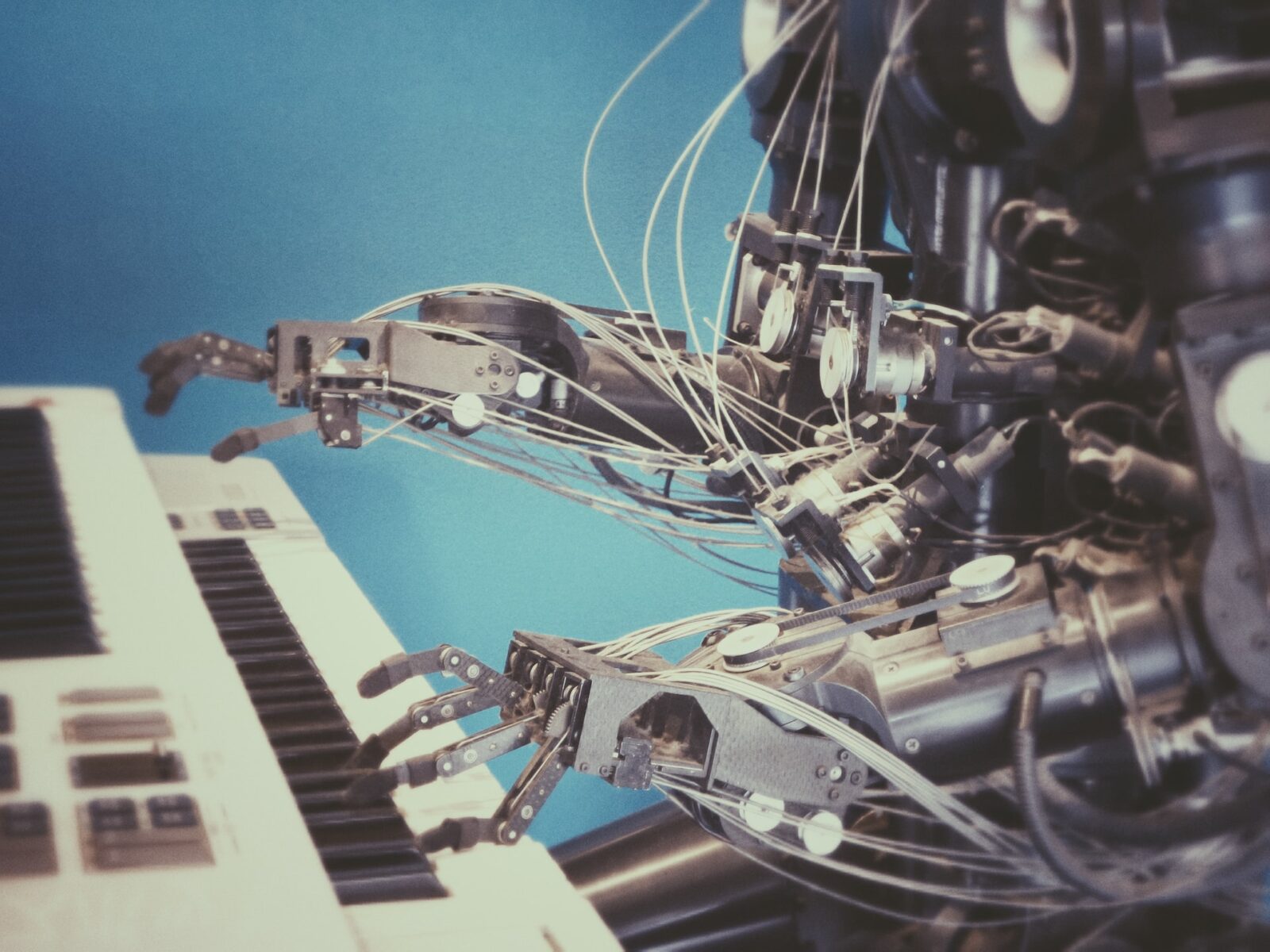Here’s one fact that nobody in the Multiverse can deny: technology is constantly evolving, and it doesn’t give a byte about retrogrades. But what if, at some point, it would be better to be a retrograde? What if Artificial Intelligence (AI) becomes a burden too big for humanity?
Experts have thought about the scenario where a super-intelligent AI would be unleashed into the world. While SF movies are clearly not giving us good news (but we can still blame the producers’ thirst for drama), scientists are also not too optimistic.
A computer super-intelligence would be too much for the world
Humanity has very few chances of being able to control a computer super-intelligence of high level, according to a prediction from experts revealed last year, and as ScienceAlert informs.
Just in case you think that the scenario of highly intelligent AI is exaggerated, feel free to check out what computer scientist Manuel Cebrian has to say:
A super-intelligent machine that controls the world sounds like science fiction,
But there are already machines that perform certain important tasks independently without programmers fully understanding how they learned it.
The question therefore arises whether this could at some point become uncontrollable and dangerous for humanity.
But why would it possibly be so difficult to control super artificial intelligence? Thanks to the following statement of the researchers that’s quoted by ScienceAlert, there is a pretty compelling explanation:
A super-intelligence poses a fundamentally different problem than those typically studied under the banner of ‘robot ethics’,
This is because a superintelligence is multi-faceted, and therefore potentially capable of mobilizing a diversity of resources in order to achieve objectives that are potentially incomprehensible to humans, let alone controllable.
According to Valuer, it’s a fact that by 2045, AI will surpass human intelligence completely. This will result in AI fully automating industries.
The new study was published in the Journal of Artificial Intelligence Research.












Leave a Reply